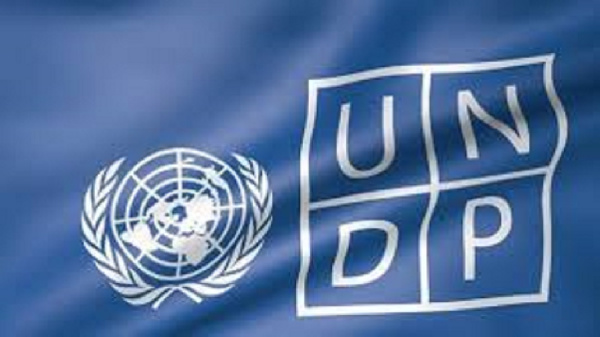
Qatar Charity Ghana, in partnership with the Ghana Health Service (GHS) and the United Nations Population Fund (UNFPA), has officially cut sod for the construction of a modern Fistula Holding Home at the Yendi Government Hospital.
The facility, when completed, will serve as a specialized centre for the management and treatment of obstetric fistula, a major maternal health condition affecting women in the Northern Region.
The ceremony, brought together key stakeholders, including representatives from the Ghana Health Service, UNFPA, Qatar Charity, local government authorities, and traditional leaders.
In his welcoming address, Mr. Ben Appiaagyai of the Yendi Government Hospital Health Information Office underscored the importance of collaboration among stakeholders to ensure the project’s success and sustainability.
In his remarks, Alhaji Alhassan Sulemana Gonje, the Board Chairman of the Yendi Government Hospital, described the project as timely and essential, considering the increasing demand for specialized fistula care in the area.
He said the absence of such a facility had made the treatment of fistula a persistent challenge, affecting the dignity and well-being of women suffering from the condition.
Dr. Marion Okoh, Director of Family Health at the hospital, shed light on the devastating impact of obstetric fistula on women and families, highlighting that many women affected by the condition suffered isolation and stigma due to uncontrollable leakage of urine or faeces caused by prolonged or obstructed labour without timely medical intervention.
Dr. Okoh emphasized the need for a safe space, where women could receive medical care and psychosocial support to recover and reintegrate into society.
Country Director of Qatar Charity Ghana, Mr. Hasan Owda, expressed his organization’s commitment to the project, noting that Qatar Charity was dedicated to supporting vulnerable populations with dignified healthcare solutions and thanked partners for the collaboration, pledging to ensure the project’s successful completion.
UNFPA Country Representative, Dr. Wilfred Ochan, echoed similar sentiments, appreciating the partnership and describing the initiative as critical to UNFPA’s mission of improving maternal health.
He acknowledged the members of PEFIG who continued to commit significant financial and other resources to this notable cause and urged the public to continue their engagement and support to bring smiles to the lives of many women surviving with obstetrics fistula.
In his keynote address, the Northern Regional Minister, Mr John Ali Adolf, reaffirmed the government’s commitment to improving healthcare delivery in the region and commended Qatar Charity and UNFPA for their partnership and sacrifice, describing the project as a bold step toward ending fistula in the region.
“The initiative goes beyond medical intervention. It aims to provide comprehensive care, including specialized treatment, psychological support, and social reintegration programmes, empowering women to reclaim their lives. The project has already demonstrated promising results, with 22 fistula repair surgeries performed at Yendi Government Hospital and nine cases handled at Tamale West Hospital in 2024.
“Eliminating obstetric fistula in Ghana requires collective action and urgency. With a strong network of health facilities in place, efforts must focus on clearing the backlog of unrepaired cases while strengthening preventive measures. The goal is within reach, but it demands commitment from all stakeholders. By working together with determination, obstetric fistula can be consigned to history, ensuring a future where every woman in Ghana lives with dignity, health, and hope”.
Obstetric fistula is a severe medical condition that occurs when prolonged or obstructed labour causes a hole between the birth canal and the bladder or rectum, leading to continuous leakage of urine or faeces.
In addition to causing significant physical and emotional distress, fistula often results in social isolation for women affected by it.
The sod-cutting event marks a significant milestone in the fight against obstetric fistula in Ghana and signals hope for many women who have long-awaited access to specialized care and rehabilitation.
Source: GNA











